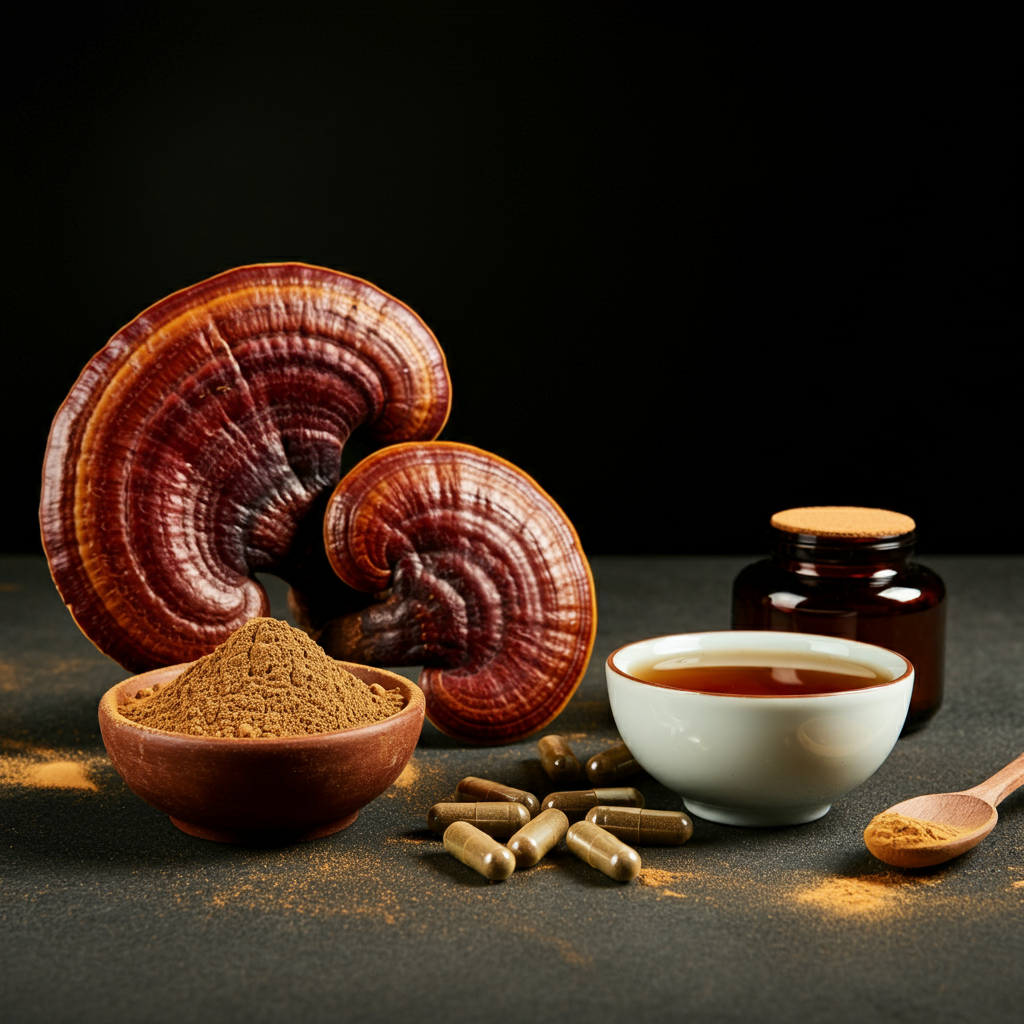Effects of polysaccharopeptide from Trametes Versicolor and amoxicillin on the gut microbiome of healthy volunteers
Authors: Kumar Pallav, Scot E Dowd, Javier Villafuerte, Xiaotong Yang, Toufic Kabbani, Joshua Hansen, Melinda Dennis, Daniel A Leffler, David S Newburg & Ciarán P Kelly
Journal: Gut Microbes
Study Design: Open-label, randomized controlled trial
Participants: 24 healthy volunteers
Intervention: The participants were randomized to receive either:
- Polysaccharopeptide (PSP) from Trametes versicolor, 1200 mg three times daily on an empty stomach for 14 days
- Amoxicillin 250 mg three times daily at least 1 hour before meals for 7 days
- No treatment (control group)
Outcome Measures:
- Fecal microbiome analysis using 16S rRNA gene sequencing
Summary: The study investigated the effects of PSP from Trametes versicolor and amoxicillin on the gut microbiome of healthy volunteers. The results showed that PSP led to clear and consistent changes in the microbiome, indicating its prebiotic activity. The baseline microbiomes of the participants were diverse but remained stable over time, tending to overshadow the treatment effects. Amoxicillin treatment caused substantial changes in the microbiome, most notably an increase in Escherichia/Shigella, and these changes persisted even 42 days after the antibiotic therapy ended. The study concluded that the microbiomes of healthy individuals are diverse but stable. Amoxicillin alters the microbiome, and recovery from this disruption can take several weeks. PSP from T. versicolor acts as a prebiotic, modulating the human intestinal microbiome composition.

No responses yet